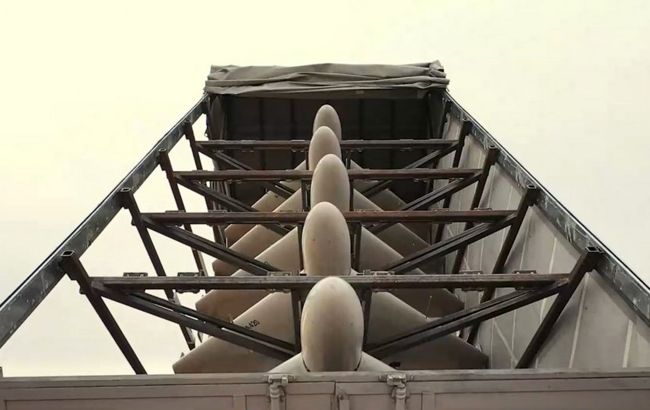
Israel improves AIM-9M missiles to intercept Shahed, but does not share technology even with the US
Israel conducts secret upgrade of guided missiles AIM-9M Sidewinder, which, after Iran's latest massive attack, demonstrated limited effectiveness against long-range strike drones. This was reported by local media, citing sources in the defence sector.
Experts have made changes to homing head, by adapting it to engage low-speed and stealthy air targets, including the Shahed, in particular. According to the sources, the updated version of the missile showed significantly better interception results.
Details of the modernisation
Israel does not officially disclose the technical parameters of the upgrade. According to journalists, the upgrade was carried out in a short time after Iran launched a combined strike on the country's territory using drones and missiles.
The upgraded AIM-9M can more effectively capture and track slow UAVs with low thermal signature, which was previously one of the main challenges for the classic versions of the missile.
Why it is important for Ukraine
According to experts, the modernisation could significantly enhance Ukraine's capabilities in combating massive attacks by the Shahed and their Russian counterparts.
However, Israel has traditionally adhered to a policy of restricting technology transfers, especially of sensitive interception systems.
According to media reports, even The United States has not yet received The updated version of the AIM-9M will be released in the near future, and Israel will take any decisions on exporting the technology with extreme caution.
Context.
Israel is actively upgrading its air defence capabilities after Iran's unprecedented strike, which exposed a number of vulnerabilities in its air defence system.
For several years now, Russia has refrained from transferring interceptors to Ukraine, citing the risks of deteriorating relations with regional partners and the need to maintain its technological advantage.



